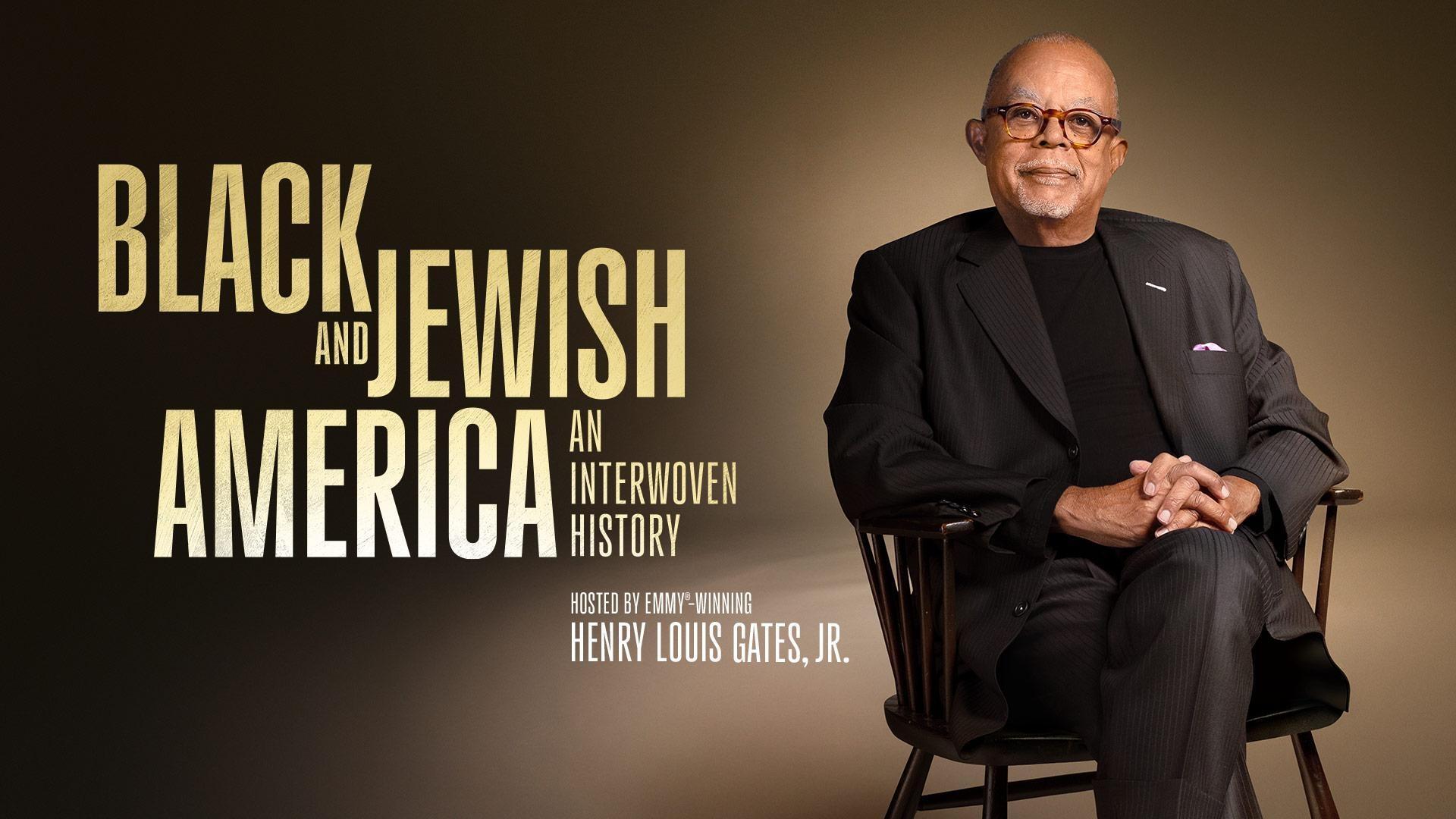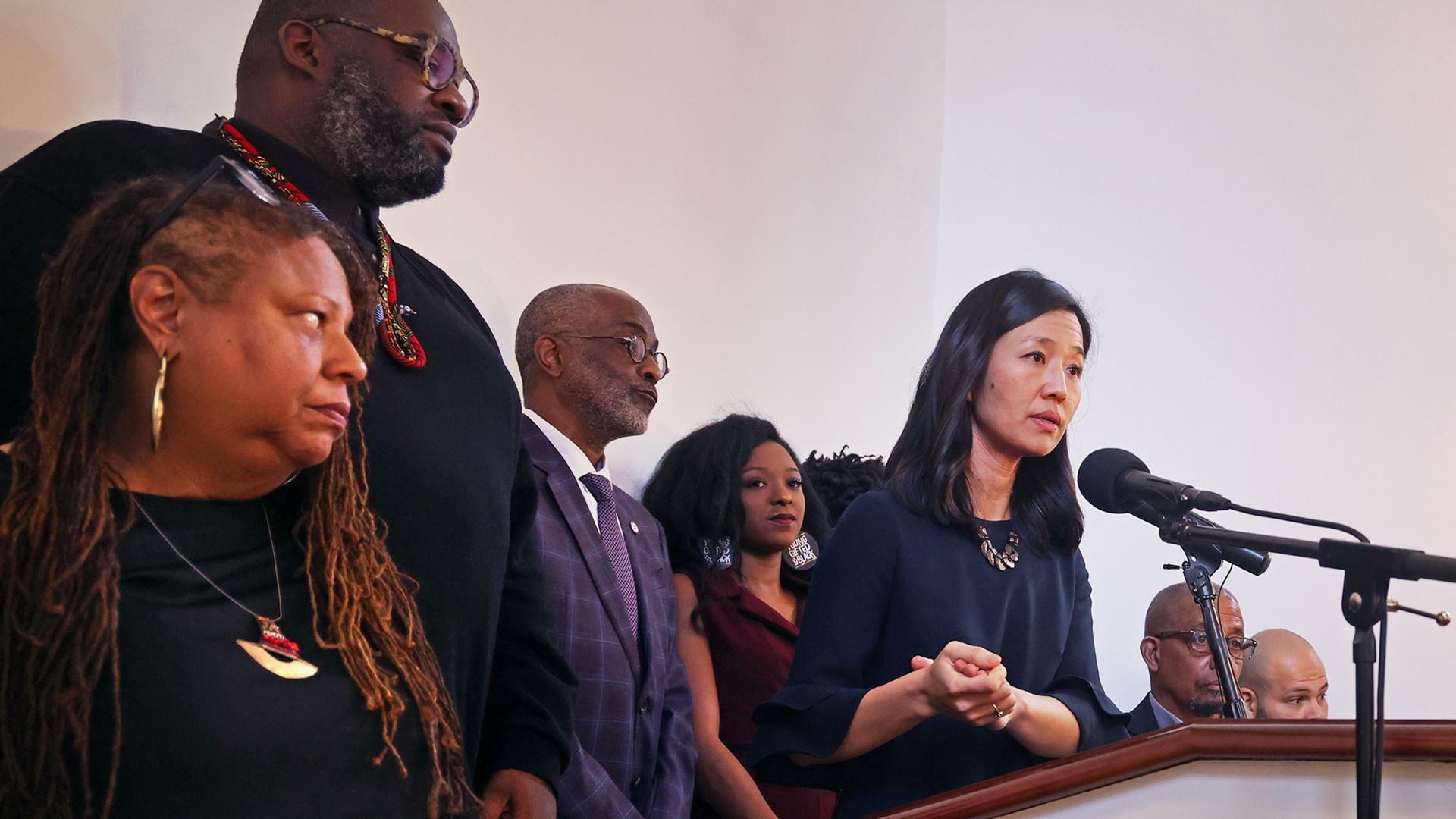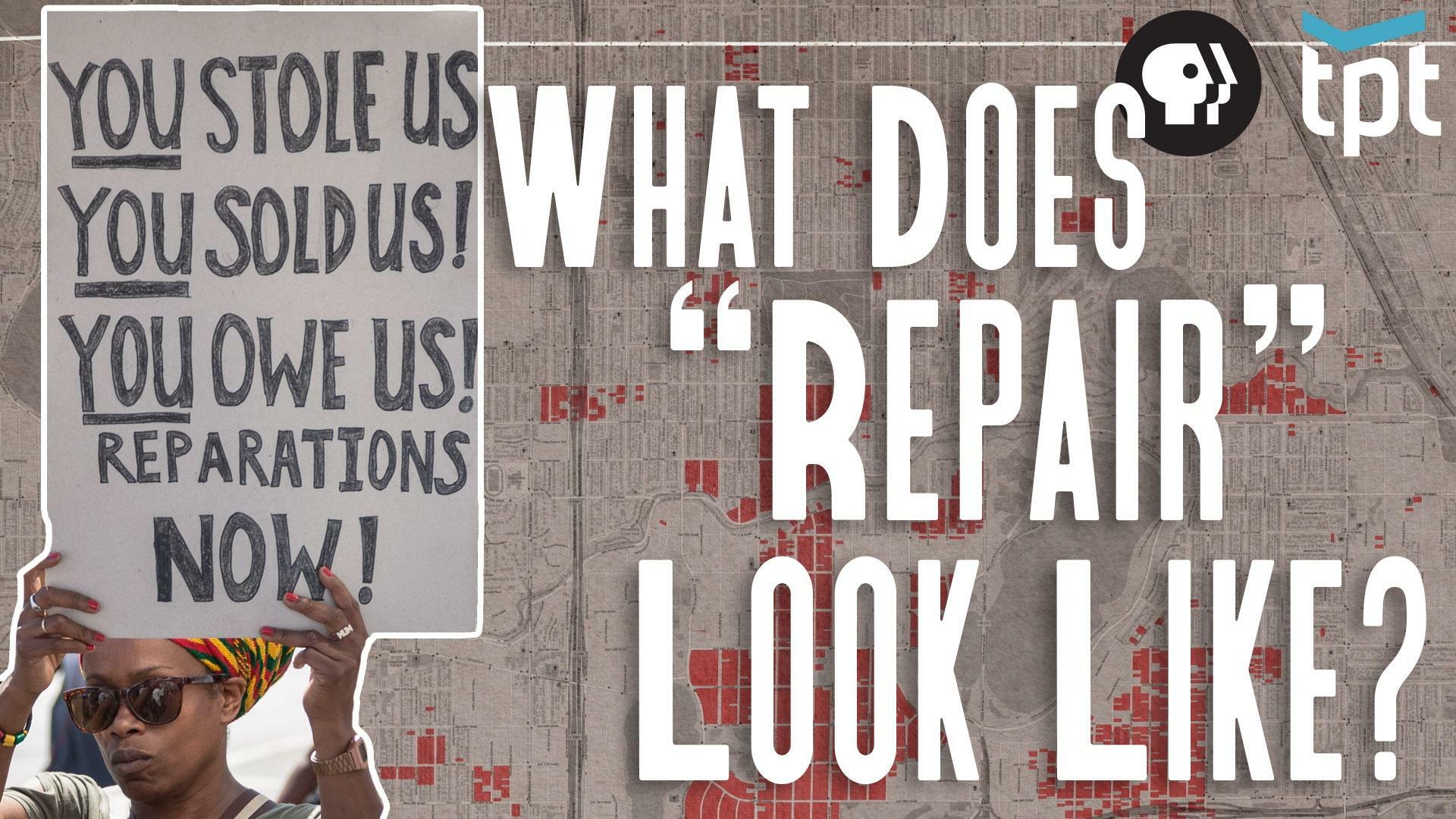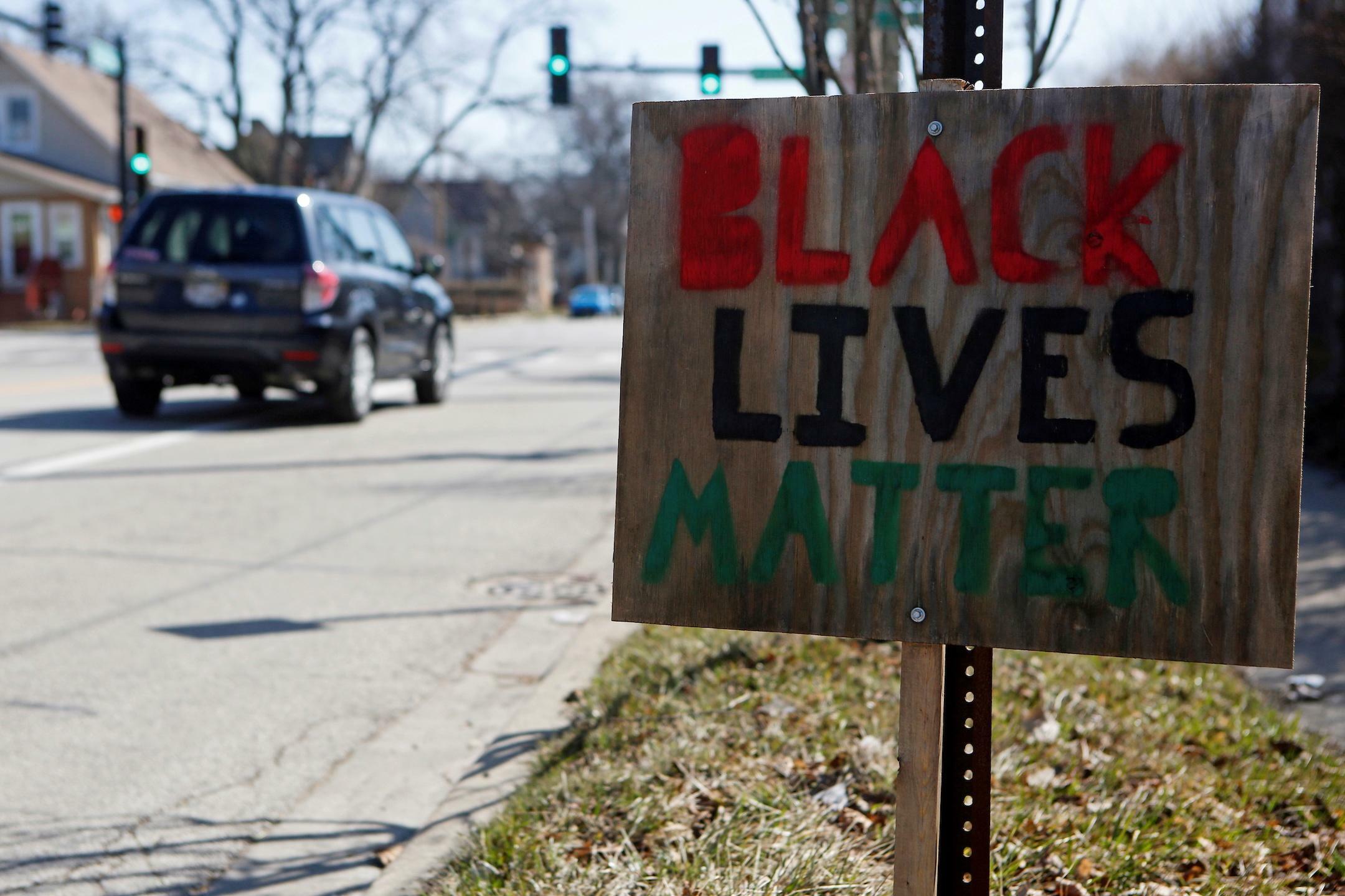History and Facts About Reparations in the U.S.
Let's start with the definition:
Reparation
noun
the making of amends for a wrong one has done, by paying money to or otherwise helping those who have been wronged
Now, learn even more about reparations in terms of politics and restorative justice. This selection of documentaries explore what reparations are, why they were made and why some believe more are due, when and how they have been issued in the U.S., and where reparations are being debated locally.
The History of Reparations
From Origin of Everything:
In 2014, Ta-Nehisi Coates’ article “The Case for Reparations” went viral. Tracing everything from the racial terror of slavery to the rampant housing discrimination of the 20th century, Coates made the case for financial reparations for the descendants of those enslaved in the US. However, this argument extends back further than 2014 and also has significance beyond the Black American community.
The Cost of Inheritance
Premiering Jan. 8 2024:
THE COST OF INHERITANCE, an America ReFramed special, explores the complex issue of reparations in the U.S. using a thoughtful approach to history, historical injustices, systemic inequities, and critical dialogue on racial conciliation. Through personal narratives, community inquiries, and scholarly insights, it aims to inspire understanding of the scope and rationale of the reparations debate.
The Big Payback
An Evanston, Illinois rookie alderwoman led the passage of the first tax-funded reparations bill for Black Americans. While she and her community struggle with the burden to make restitution for its citizens, a national racial crisis engulfs the country. Will the debt ever be addressed, or is it too late for a reparations movement to finally get the big payback?

The best of PBS, straight to your inbox.
Be the first to know about what to watch, exclusive previews, and updates from PBS.
Support your local PBS station in our mission to inspire, enrich, and educate.
How did Japanese Americans set a precedent for redress in the U.S.
As the discussion on reparations for Black Californians heats up, we explore the journey of the Japanese people who experienced incarceration during World War II. We paint the scene of this tragic imprisonment and dehumanization of their community in the United States and learn how the civil rights movement led by Black leaders inspired the Japanese American community to lobby for reparations.
This episode of "The Road to Reparations in California" is from KQED. The series explores the perpetual impact of chattel slavery and how systemic racism has created disparities — in education, health, wealth, and more — in the lives of Black people. It also examines California’s history and how thriving Black communities were marginalized and erased. Yet today, California could potentially change the course of history by creating a reparations model for America.
Defining Reparations
A panel of experts weight in on reparations in this episode of The Atonement Agenda. The series aims to explore various plans and concepts for reparations that eliminate the racial wealth gap and increase access to housing, education, and business capital.
Stream this episode in the series from station WHYY:
Explore more articles











